
Find Help
More Items From Ergsy search
-

How quickly can ketamine alleviate depression symptoms?
Relevance: 100%
-
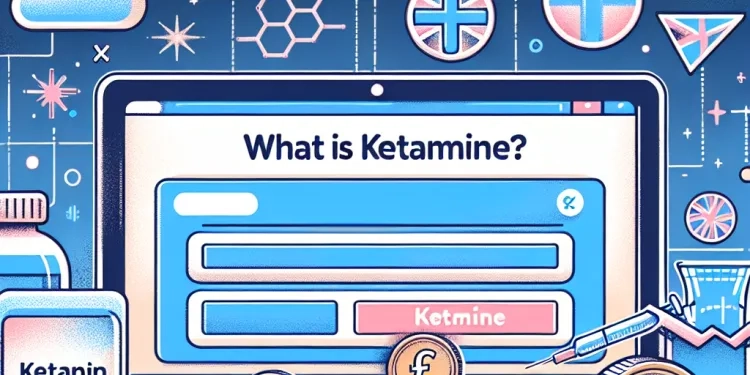
What is Ketamine?
Relevance: 98%
-
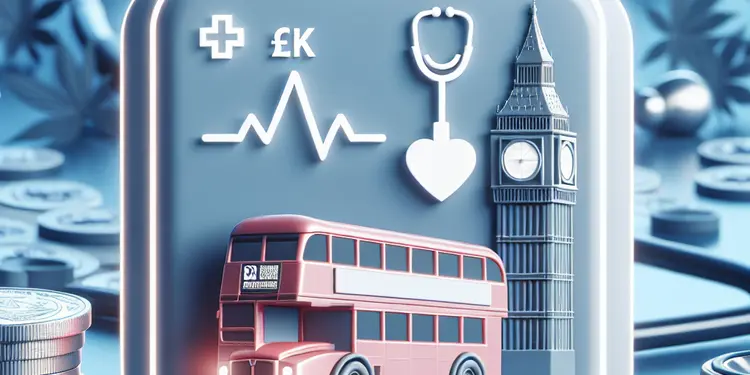
Are there any legal uses for ketamine?
Relevance: 95%
-
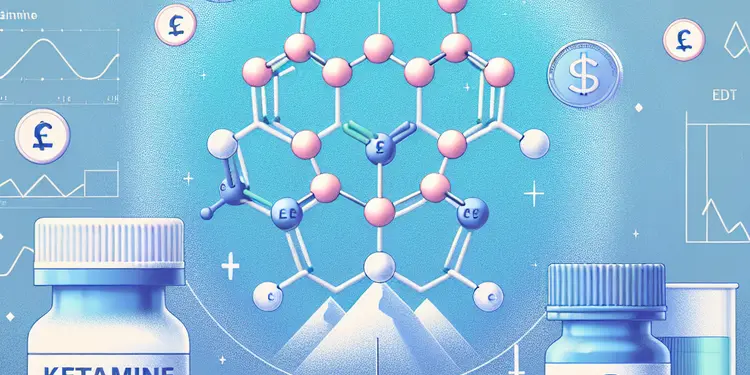
What are the medical uses of ketamine?
Relevance: 93%
-
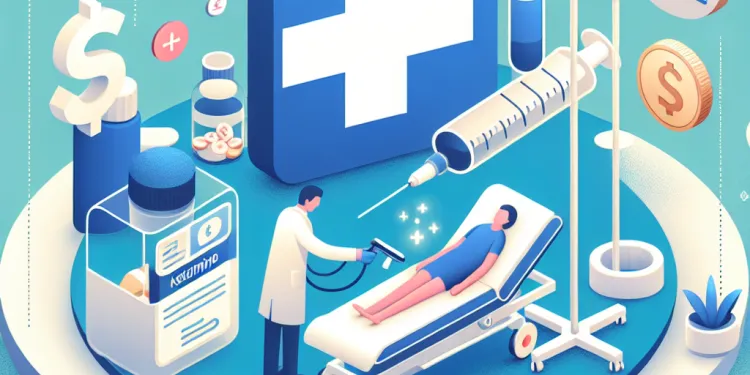
What conditions is ketamine used to treat?
Relevance: 92%
-

Is ketamine legal?
Relevance: 92%
-
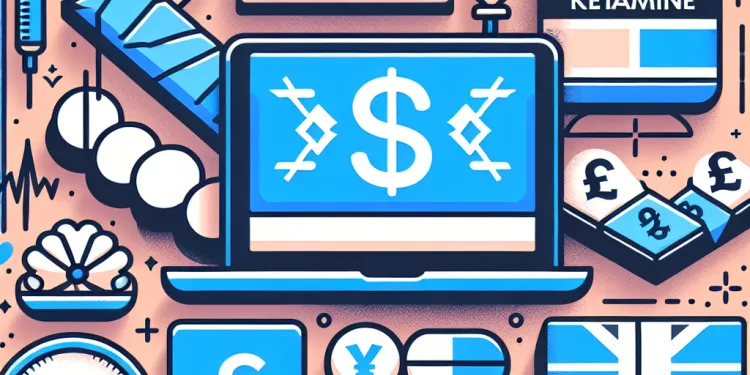
Is ketamine addictive?
Relevance: 90%
-
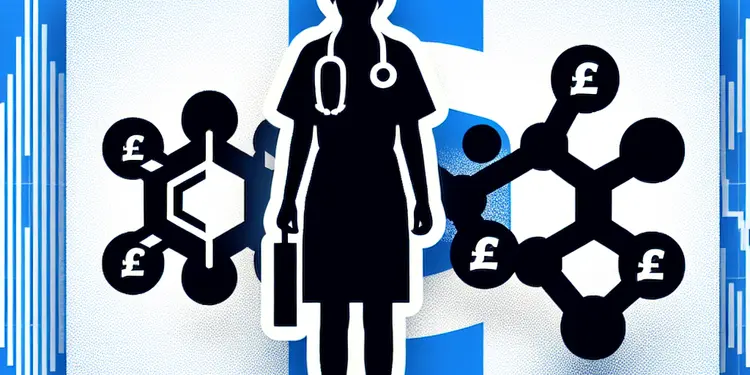
Can ketamine be prescribed for mental health conditions?
Relevance: 89%
-
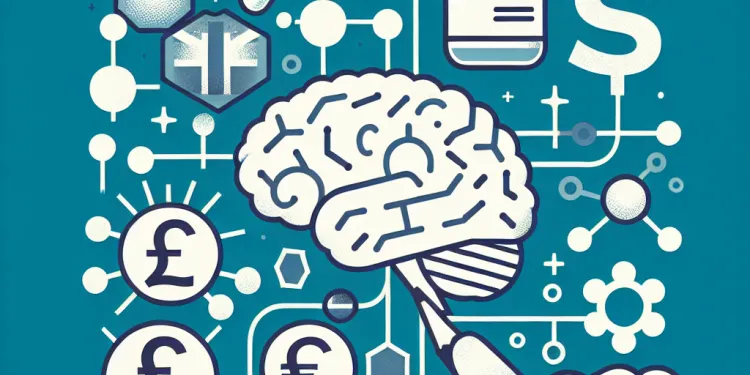
How does ketamine work?
Relevance: 89%
-
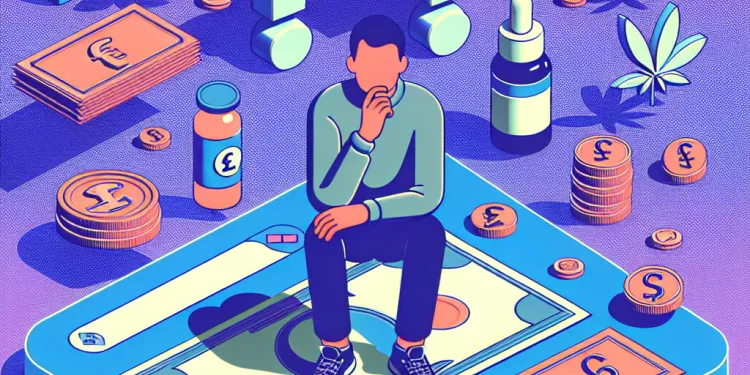
Is ketamine a controlled substance?
Relevance: 88%
-

How is ketamine different from traditional antidepressants?
Relevance: 87%
-
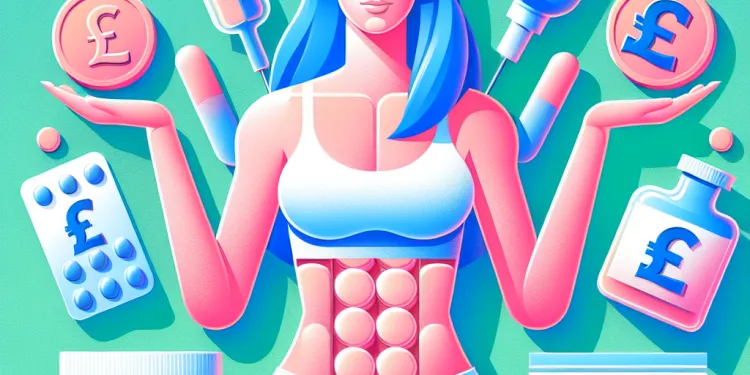
Is ketamine safe for everyone?
Relevance: 87%
-
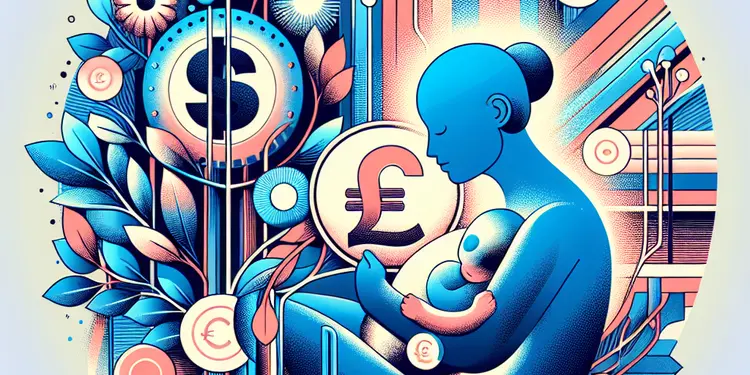
What are the symptoms of postnatal depression?
Relevance: 87%
-
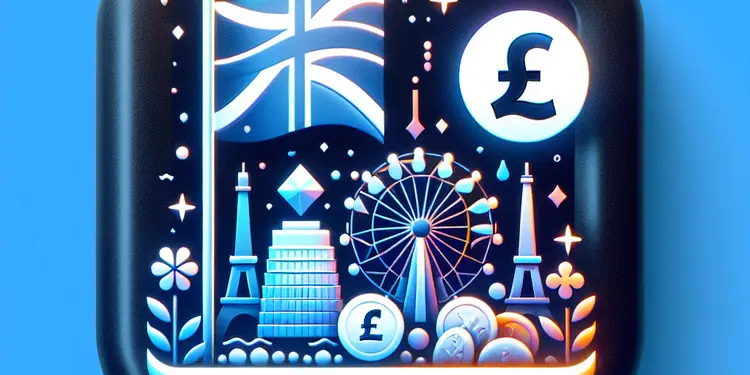
What is the potential for addiction with ketamine?
Relevance: 86%
-

What is the classification of ketamine?
Relevance: 85%
-
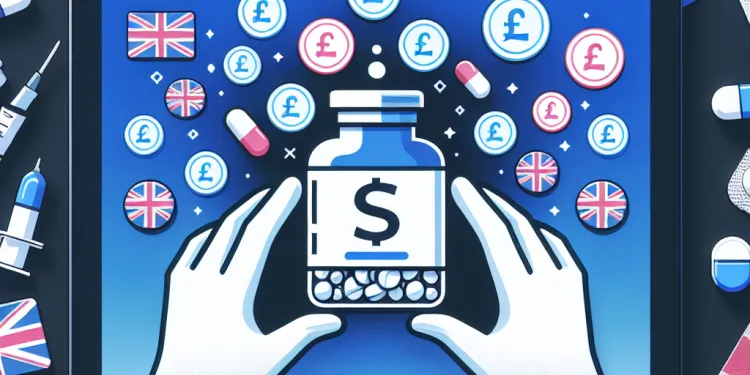
How is ketamine administered?
Relevance: 84%
-

What is ketamine infusion therapy?
Relevance: 83%
-

Does ketamine have long-term effects?
Relevance: 82%
-

Is ketamine considered a controlled substance in the United States?
Relevance: 82%
-
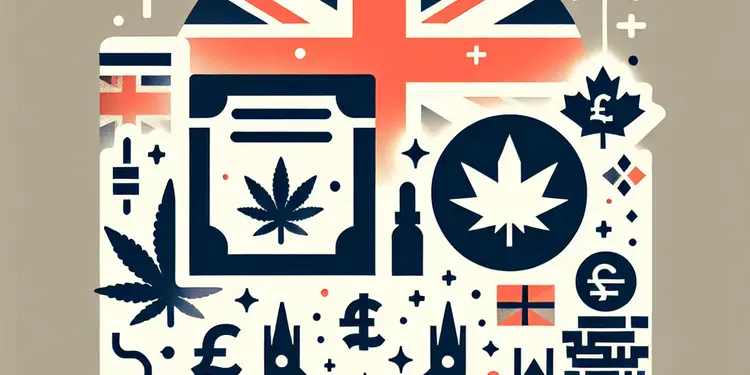
What is the legal status of ketamine in Canada?
Relevance: 82%
-
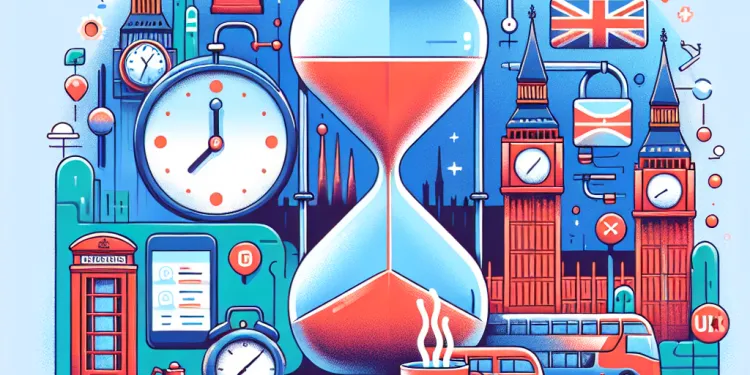
How long do the effects of ketamine last?
Relevance: 81%
-
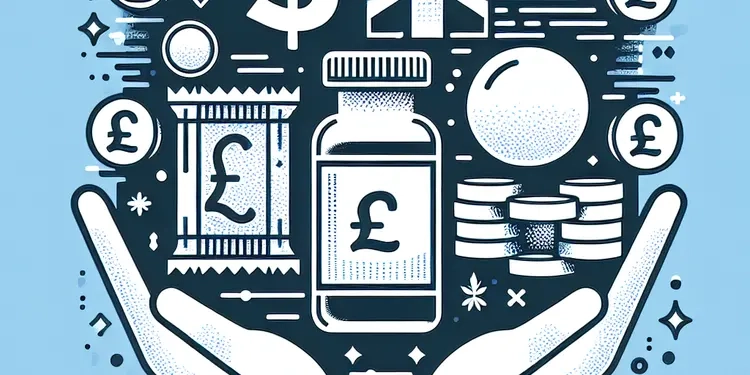
Is Ketamine a Class B drug?
Relevance: 81%
-
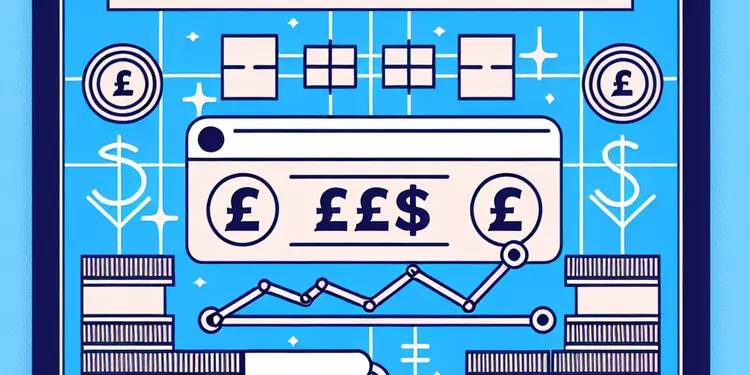
Is the production of ketamine regulated?
Relevance: 80%
-

What is the difference between ketamine and esketamine?
Relevance: 80%
-

What precautions are necessary when using ketamine?
Relevance: 79%
-
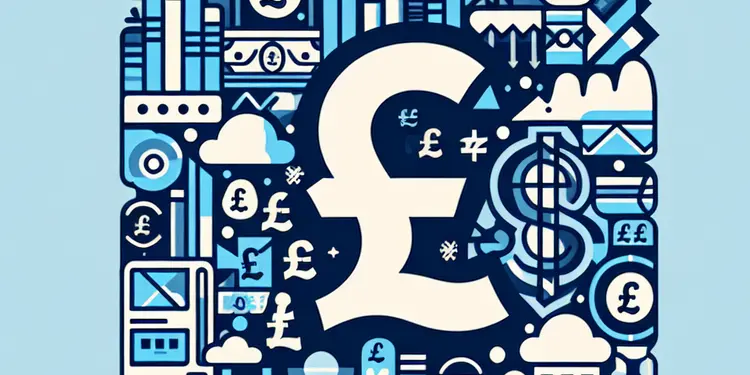
What are the known side effects of ketamine usage?
Relevance: 79%
-
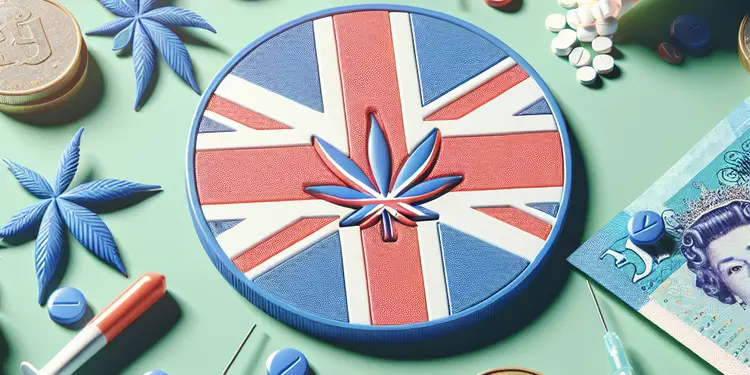
Can ketamine be used for recreational purposes legally?
Relevance: 79%
-

Can physical symptoms be linked to relationship-induced depression?
Relevance: 79%
-
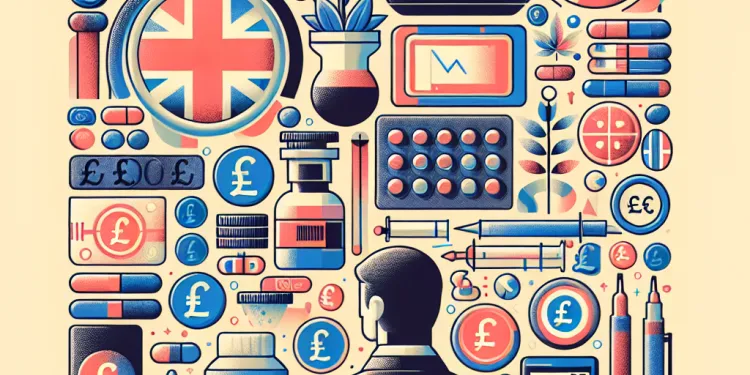
What are the common side effects of ketamine?
Relevance: 77%
-
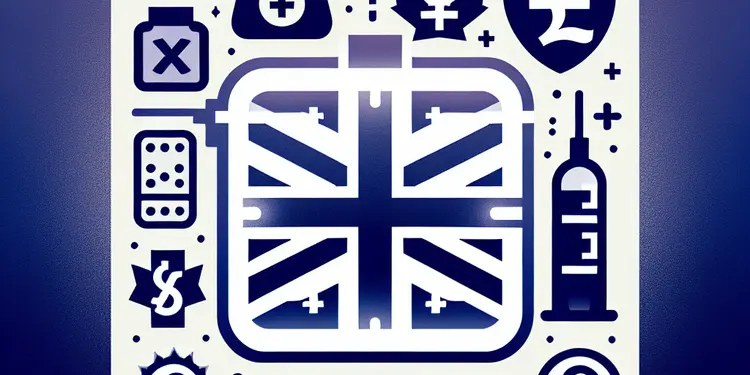
How can I legally obtain ketamine for medical use?
Relevance: 76%
-

Is it legal to import ketamine?
Relevance: 76%
-

Does the classification of ketamine differ between countries?
Relevance: 75%
-

What does it mean for ketamine to be a Class B drug in the UK?
Relevance: 73%
-

Has ketamine's classification changed over time?
Relevance: 73%
-
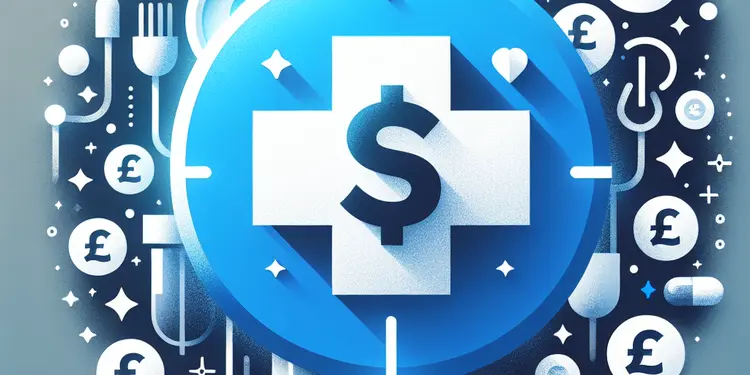
Are there any treatment programs for ketamine addiction?
Relevance: 69%
-

Postnatal Depression
Relevance: 68%
-
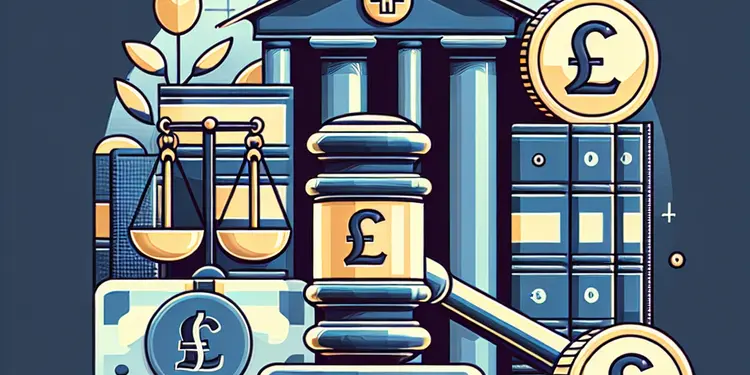
What is the penalty for supplying ketamine in the UK?
Relevance: 67%
-
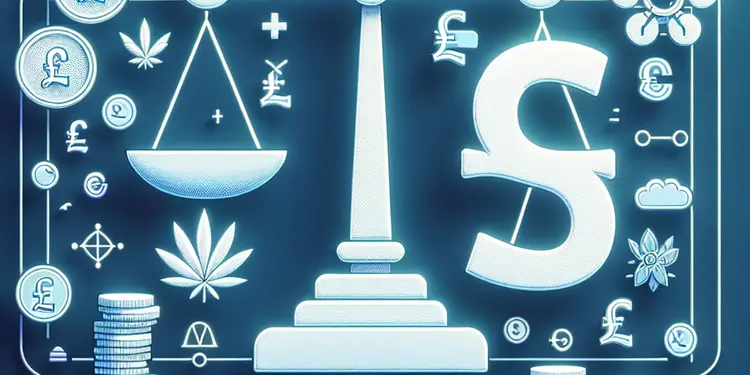
What is the penalty for possessing ketamine in the UK?
Relevance: 66%
-
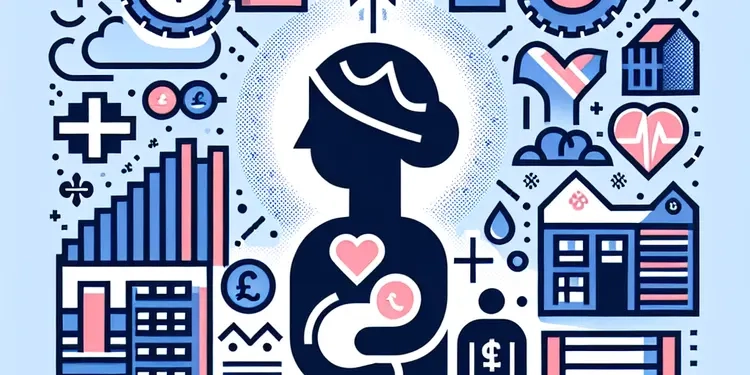
What is postnatal depression?
Relevance: 66%
-

How is ketamine used in veterinary medicine?
Relevance: 65%
Introduction to Ketamine as a Treatment for Depression
Ketamine, traditionally used as an anaesthetic, has emerged as a promising treatment for depression, especially in cases where conventional treatments have failed. This discovery has been particularly significant for those suffering from treatment-resistant depression, offering hope where other medications might not have been effective.
How Ketamine Works
Ketamine functions quite differently from typical antidepressants, which often take weeks to provide noticeable effects. Instead of targeting serotonin or norepinephrine, ketamine primarily acts on the brain’s glutamate system. By blocking the N-methyl-D-aspartate (NMDA) receptor, ketamine seems to facilitate a rapid release of glutamate. This action is thought to encourage new neural connections, enhancing the brain's plasticity and mood regulation capabilities.
Onset of Action
One of the most remarkable features of ketamine as an antidepressant is the speed at which it can alleviate symptoms. Patients have reported feeling relief from depressive symptoms within hours of receiving a ketamine infusion. Research indicates that significant improvements are often observed within 24 hours. This rapid onset is in stark contrast to traditional antidepressants, such as selective serotonin reuptake inhibitors (SSRIs), which can take several weeks to exhibit full effects.
Clinical Evidence
Clinical trials and studies have consistently demonstrated ketamine's efficacy and speed. Various studies conducted in the UK and globally have shown promising results, indicating that ketamine can significantly reduce depressive symptoms quickly. This rapid improvement is particularly beneficial in acute situations, where patients might be experiencing severe symptoms or are at risk of self-harm.
Forms of Administration
Ketamine is generally administered in two forms: intravenous (IV) infusion and intranasal spray, with IV infusion being the more traditional method. The intranasal spray known as esketamine is a derivative approved for use by regulatory bodies, including the Medicines and Healthcare products Regulatory Agency (MHRA) in the UK. Both forms have shown rapid antidepressant effects, though the IV route is often cited for its faster onset.
Conclusion
Ketamine’s rapid action in alleviating depression symptoms marks a significant advancement in psychiatric treatment. For individuals in the UK facing treatment-resistant depression, ketamine offers a viable option that can provide quick relief and improve quality of life. While more research is needed to fully understand its long-term effects and optimal usage, ketamine is undoubtedly a vital tool in the fight against depression.
Introduction to Ketamine as a Treatment for Depression
Ketamine is a medicine first used to help people sleep during operations. Now, doctors use it to help people with depression. It helps when other medicines do not work. This is good news for people who have tried other treatments without success.
How Ketamine Works
Ketamine works in a different way from usual depression medicines. Normally, antidepressants take a long time to help. Ketamine works faster by affecting a part of the brain called the glutamate system. It helps the brain make new connections and improves mood.
Onset of Action
Ketamine works very quickly to help with depression. Some people feel better just hours after they get a dose. Many feel a big difference in just one day. This is much faster than other depression medicines, which can take weeks.
Clinical Evidence
Many studies show that ketamine works well and quickly. It helps people feel less sad and can be very important in emergencies when people feel very bad or might hurt themselves.
Forms of Administration
Doctors give ketamine to patients in two main ways. One way is through a needle in the arm, called an IV infusion. The other way is a nose spray. The nose spray is called esketamine. Both ways work fast, but the IV works a bit faster.
Conclusion
Ketamine can help people with depression feel better quickly. This is important for people who have not been helped by other treatments. It is a new way to fight depression, especially for people who need quick help. More studies are needed, but ketamine is helping many people already.
Frequently Asked Questions
Useful Links
This website offers general information and is not a substitute for professional advice.
Always seek guidance from qualified professionals.
If you have any medical concerns or need urgent help, contact a healthcare professional or emergency services immediately.
Some of this content was generated with AI assistance. We’ve done our best to keep it accurate, helpful, and human-friendly.
- Ergsy carfully checks the information in the videos we provide here.
- Videos shown by Youtube after a video has completed, have NOT been reviewed by ERGSY.
- To view, click the arrow in centre of video.
- Most of the videos you find here will have subtitles and/or closed captions available.
- You may need to turn these on, and choose your preferred language.
- Go to the video you'd like to watch.
- If closed captions (CC) are available, settings will be visible on the bottom right of the video player.
- To turn on Captions, click settings .
- To turn off Captions, click settings again.
More Items From Ergsy search
-

How quickly can ketamine alleviate depression symptoms?
Relevance: 100%
-

What is Ketamine?
Relevance: 98%
-

Are there any legal uses for ketamine?
Relevance: 95%
-

What are the medical uses of ketamine?
Relevance: 93%
-

What conditions is ketamine used to treat?
Relevance: 92%
-

Is ketamine legal?
Relevance: 92%
-

Is ketamine addictive?
Relevance: 90%
-

Can ketamine be prescribed for mental health conditions?
Relevance: 89%
-

How does ketamine work?
Relevance: 89%
-

Is ketamine a controlled substance?
Relevance: 88%
-

How is ketamine different from traditional antidepressants?
Relevance: 87%
-

Is ketamine safe for everyone?
Relevance: 87%
-

What are the symptoms of postnatal depression?
Relevance: 87%
-

What is the potential for addiction with ketamine?
Relevance: 86%
-

What is the classification of ketamine?
Relevance: 85%
-

How is ketamine administered?
Relevance: 84%
-

What is ketamine infusion therapy?
Relevance: 83%
-

Does ketamine have long-term effects?
Relevance: 82%
-

Is ketamine considered a controlled substance in the United States?
Relevance: 82%
-

What is the legal status of ketamine in Canada?
Relevance: 82%
-

How long do the effects of ketamine last?
Relevance: 81%
-

Is Ketamine a Class B drug?
Relevance: 81%
-

Is the production of ketamine regulated?
Relevance: 80%
-

What is the difference between ketamine and esketamine?
Relevance: 80%
-

What precautions are necessary when using ketamine?
Relevance: 79%
-

What are the known side effects of ketamine usage?
Relevance: 79%
-

Can ketamine be used for recreational purposes legally?
Relevance: 79%
-

Can physical symptoms be linked to relationship-induced depression?
Relevance: 79%
-

What are the common side effects of ketamine?
Relevance: 77%
-

How can I legally obtain ketamine for medical use?
Relevance: 76%
-

Is it legal to import ketamine?
Relevance: 76%
-

Does the classification of ketamine differ between countries?
Relevance: 75%
-

What does it mean for ketamine to be a Class B drug in the UK?
Relevance: 73%
-

Has ketamine's classification changed over time?
Relevance: 73%
-

Are there any treatment programs for ketamine addiction?
Relevance: 69%
-

Postnatal Depression
Relevance: 68%
-

What is the penalty for supplying ketamine in the UK?
Relevance: 67%
-

What is the penalty for possessing ketamine in the UK?
Relevance: 66%
-

What is postnatal depression?
Relevance: 66%
-

How is ketamine used in veterinary medicine?
Relevance: 65%


